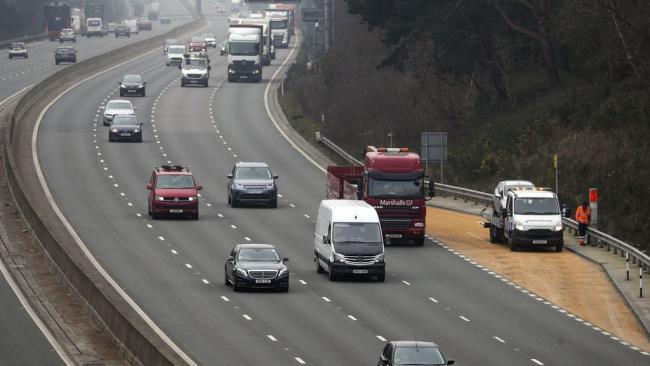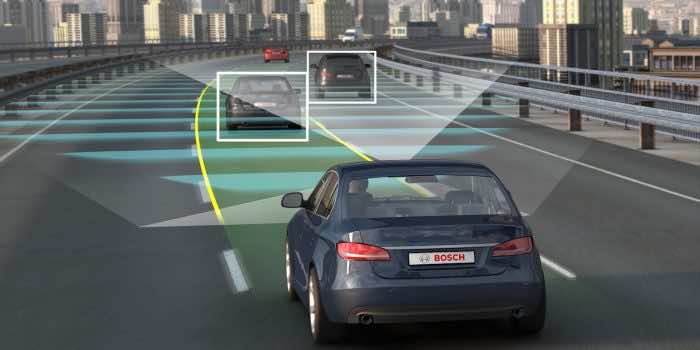Much of the autonomous technology in use today may be found in industrial environments like mines, warehouses, and ports. The allure of autonomous cars has always proven tempting. It has the potential to alter our commute and long-distance travel experiences, remove individuals from high-risk work situations, and simplify our businesses. It’s critical to helping us design the cities of the future, where our reliance on and interaction with automobiles is redefined, cutting carbon dioxide emissions and opening the way for more ecological ways of life. And it may make our journey safer. A government-funded initiative in the United Kingdom has just tested such a system in the first place, with automobiles on open streets in Oxford and London exchanging command between a driver, an automation system, and a distant teleoperator through a computer interface.

“Driverless cars should be a really quiet and pleasant method to move from point A to point B. However, not every human driving in the vicinity would act in this manner “TRL’s head scientist for safety and investigations, David Hynd, explains. “It has to be able to come to terms with human-driven cars disregarding the laws of the road, for example.” That isn’t the only difficulty. There’s legislation, rewriting the highway law, public opinion, enhancing our streets, townships, and municipalities’ infrastructures, and the huge subject of final accountability for road traffic accidents. However, no regardless of how good the inertial navigation system becomes, everything that enters the road without a steering wheel would require a last-resort fallback position. And remote navigation system might be the solution.

“Both politicians and the automobile industry still have a great deal of work to do before any car can be classified as autonomous and safely driven on UK roads,” said Matthew Avery, head of research at Thatcham Research. “The government’s present proposal for automated lane-keeping systems (ALKS) is not automated. They are referred to as supported driving systems since they rely on the driver to gain full control. Experts examine situations because even the most professional drivers may struggle to manage, such as children playing in the street or two cars attempting to join at a crossroads at the same time.
“This is a significant step forward for the secure use of self-driving vehicles in the UK, making future travels greener, simpler, and more dependable while also assisting the nation in rebuilding,” she added. However, we must guarantee that this fascinating new technology is implemented securely, which is why we are commenting on the laws that will permit this. By doing so, we can enhance transportation for everyone while also securing the UK’s position as a worldwide scientific powerhouse.


